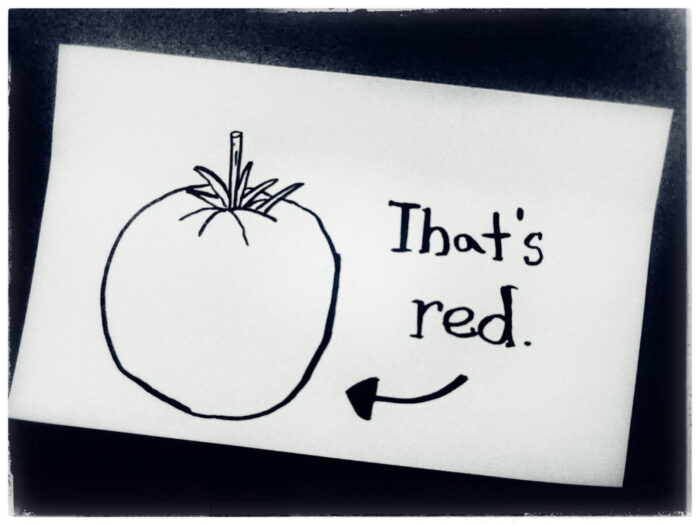
The Asiago & Spinach Stuffed Chicken turned out great yesterday — it was easily one of the best meals I’ve cooked this year. The hardest part was actually assembling the chicken breasts, which need to be cut into (forgive the terminology) meat pockets so you can stuff in the spinach and sun-dried tomatoes and cheese. Once put together, I seared the chicken breasts in a cast iron skillet and put them in the oven to cook all the way through.
After buying sun-dried tomatoes, though, I started thinking, “I bet I could make those myself,” and, sure enough, it isn’t difficult to do:
It seems like a fun project … if it weren’t the dead of winter. If I try to leave a bunch of tomatoes outside now, they’re just going to freeze and/or get stolen by the gangs of obese city squirrels that roam my neighborhood.
It looks like you can dehydrate them in the oven, but that wouldn’t be “sun-dried,” would it? “Oven-dried tomatoes“ doesn’t have the same flair. Although who wants to wait six months until you can actually try this? Maybe I’ll give the oven-dried ones a shot, then in the warmer months I can … *checks notes* leave fruit unattended outside all day.
Wait, that can’t be right.

Ha — I bought the $0.99 “The Portable Dorothy Parker” off the Kindle store, only to discover that Amazon is selling a mistitled version of a collection of Dorothy L. Sayers’ works. I honestly read a whole chapter thinking, “I didn’t know Parker wrote mysteries. Fun!” before doing a little digging to get to the bottom of things. It looks like Amazon really put the wrong cover on a book and is selling it.
Bearing that in mind … it seems as if I can’t find a digital copy of The Portable Dorothy Parker. I guess there’s not a lot of demand for that one.
A little bit of research tells me that books in The Portable … series were first published by Viking Press in 1944 and were meant to be pocket-sized editions of “selected works” from various authors. (I believe I have The Portable Emerson floating around downstairs somewhere.) So, in keeping with the spirit of this endeavor, I’m just going to read a whole bunch of Dorothy Parker and call it good.
I was able to find a digital version of her Complete Stories, so I’ll check that one out. How different can it possibly be?
She’s a great writer with an interesting history, so I’m sure I can’t go wrong. Assuming I’m reading the right Dorothy this time.




